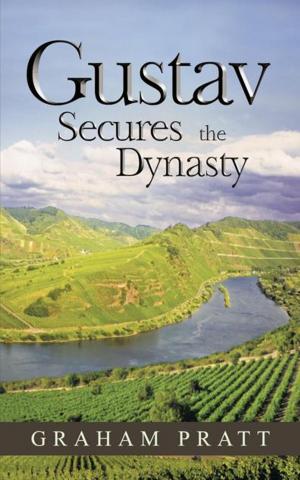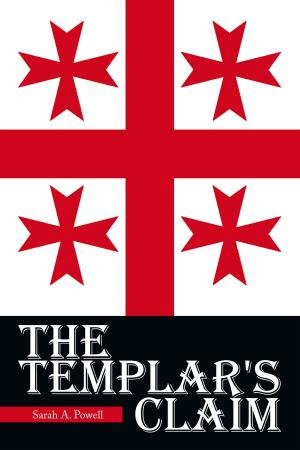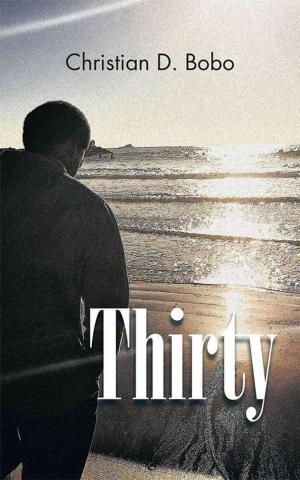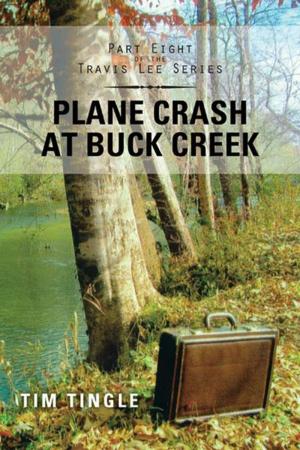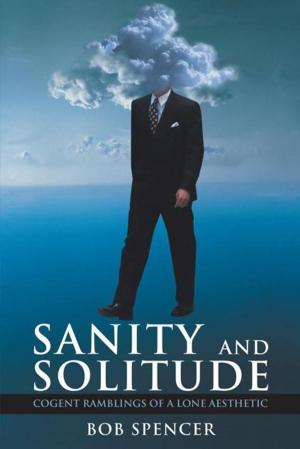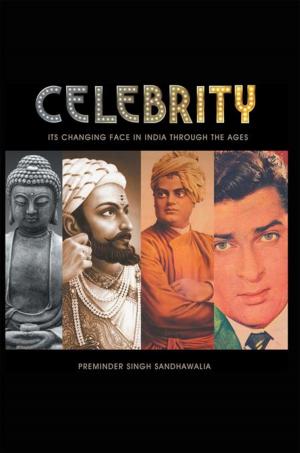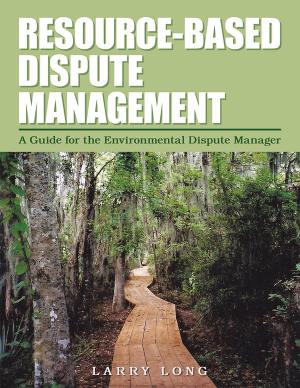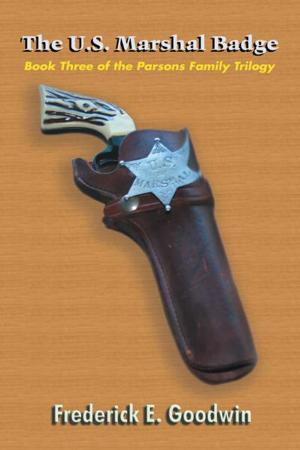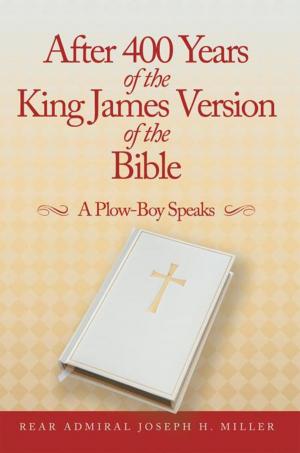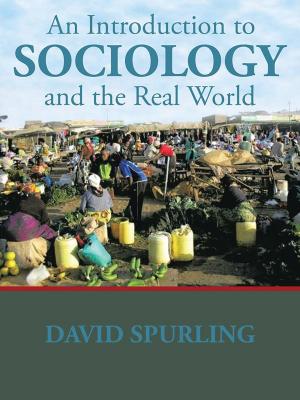Matej's Journey to America
The Driving Forces of Our Immigrant Ancestors
Nonfiction, Religion & Spirituality, Inspiration & Meditation, Spirituality, Biography & Memoir, History| Author: | Donald F. Chmelka | ISBN: | 9781403339294 |
| Publisher: | AuthorHouse | Publication: | November 19, 2002 |
| Imprint: | AuthorHouse | Language: | English |
| Author: | Donald F. Chmelka |
| ISBN: | 9781403339294 |
| Publisher: | AuthorHouse |
| Publication: | November 19, 2002 |
| Imprint: | AuthorHouse |
| Language: | English |
Matej's Journey to America is a creative-nonfiction chronicle exploring the forces that drove our immigrant ancestors to new lands. After Adam and Eve's eviction from Eden, man slowly scattered with a great dispersion occurring about 2700 BC as the Lord confounded the tongues of presumptuous Babylonians building a tower to heaven. Among the afflicted was an Aryan slave named Chmelka who was growing hops (chmel in the new Slavic language) to flavor beer for his Semitic masters.
As the Slavs fled northward toward unknown Czech lands, other tribes migrated in all directions. According to The Book of Mormon, the righteous Jared took a Semitic clan from Babel across the mountains, deserts and oceans to a New World . . . later named America. Another Semitic clan that passed through Babylon 850 years later included a young Abraham, destined to be the patriarch of Judaism, Christianity and Islam. He introduced the concept of a single God revered by all his religious descendants, but despite their many commonalties, each of these three great religions seem convinced it has the only correct formula for salvation, justifying incredible atrocities with God always on its side.
The descendants of the first Chmelka struggled as great civilizations developed and fell through the turmoil and bloodshed of the Dark Ages. Marco Polo awakened Europe in the late 13th century to the riches of the Far East, giving rise to explorers like Christopher Columbus who stumbled onto the North American Continent in 1492. The Protestant Reformation began to divide the Holy Roman Empire at the time, adding to the bloodshed as Austria, Prussia and France fought for domination in Europe. Meanwhile, Spain, England and France were colonizing and competing for control in the New World that was becoming home to an increasing number of European emigrants looking for a better life.
The American Colonies fought for independence and then began to absorb all lands from the Atlantic to the Pacific. Thomas Jefferson purchased the immense Louisiana Territory from Napoleon in 1803, after which mountain men opened the West to homesteaders, miners and ranchers. My great-great-grandfather Matej was born as the Rocky Mountain fur trade boomed in 1825, and grew up on a 13-acre farm in Moravia where the Chmelkas had been serfs since Charlemagne was crowned the first Holy Roman Emperor a millennium earlier. Matej became a Dragoon in the Austrian Imperial Army and helped put down a revolution in Prague in 1848 the year gold was discovered in California but war spread and life worsened for European peasants.
Gold, homesteads and wild Texas longhorns free for the taking lured thousands of oppressed Europeans to America on steamships and railroads now making long-distance travel feasible. After Prussia defeated the Austrian Empire including Bohemia and Moravia and then France, Matej's family escaped its misery and immigrated to Nebraska in 1871. They found a difficult life with grasshoppers, drought, hail and fires destroying crops . . . spurring Matej's fourteen-year-old son to join a Texas cattle drive and then dodge Indians and gunfighters for fourteen years in the Wild West.
New technologies in farm equipment, transportation and communications made America the envy of the world in 1902 when Matej died and was buried near the prairie church he helped build. Matej's Journey to America honors him and his fellow immigrants ordinary men and women generally lost in history for the legacies and opportunities they gave us in our great land of freedom.
Matej's Journey to America is a creative-nonfiction chronicle exploring the forces that drove our immigrant ancestors to new lands. After Adam and Eve's eviction from Eden, man slowly scattered with a great dispersion occurring about 2700 BC as the Lord confounded the tongues of presumptuous Babylonians building a tower to heaven. Among the afflicted was an Aryan slave named Chmelka who was growing hops (chmel in the new Slavic language) to flavor beer for his Semitic masters.
As the Slavs fled northward toward unknown Czech lands, other tribes migrated in all directions. According to The Book of Mormon, the righteous Jared took a Semitic clan from Babel across the mountains, deserts and oceans to a New World . . . later named America. Another Semitic clan that passed through Babylon 850 years later included a young Abraham, destined to be the patriarch of Judaism, Christianity and Islam. He introduced the concept of a single God revered by all his religious descendants, but despite their many commonalties, each of these three great religions seem convinced it has the only correct formula for salvation, justifying incredible atrocities with God always on its side.
The descendants of the first Chmelka struggled as great civilizations developed and fell through the turmoil and bloodshed of the Dark Ages. Marco Polo awakened Europe in the late 13th century to the riches of the Far East, giving rise to explorers like Christopher Columbus who stumbled onto the North American Continent in 1492. The Protestant Reformation began to divide the Holy Roman Empire at the time, adding to the bloodshed as Austria, Prussia and France fought for domination in Europe. Meanwhile, Spain, England and France were colonizing and competing for control in the New World that was becoming home to an increasing number of European emigrants looking for a better life.
The American Colonies fought for independence and then began to absorb all lands from the Atlantic to the Pacific. Thomas Jefferson purchased the immense Louisiana Territory from Napoleon in 1803, after which mountain men opened the West to homesteaders, miners and ranchers. My great-great-grandfather Matej was born as the Rocky Mountain fur trade boomed in 1825, and grew up on a 13-acre farm in Moravia where the Chmelkas had been serfs since Charlemagne was crowned the first Holy Roman Emperor a millennium earlier. Matej became a Dragoon in the Austrian Imperial Army and helped put down a revolution in Prague in 1848 the year gold was discovered in California but war spread and life worsened for European peasants.
Gold, homesteads and wild Texas longhorns free for the taking lured thousands of oppressed Europeans to America on steamships and railroads now making long-distance travel feasible. After Prussia defeated the Austrian Empire including Bohemia and Moravia and then France, Matej's family escaped its misery and immigrated to Nebraska in 1871. They found a difficult life with grasshoppers, drought, hail and fires destroying crops . . . spurring Matej's fourteen-year-old son to join a Texas cattle drive and then dodge Indians and gunfighters for fourteen years in the Wild West.
New technologies in farm equipment, transportation and communications made America the envy of the world in 1902 when Matej died and was buried near the prairie church he helped build. Matej's Journey to America honors him and his fellow immigrants ordinary men and women generally lost in history for the legacies and opportunities they gave us in our great land of freedom.

